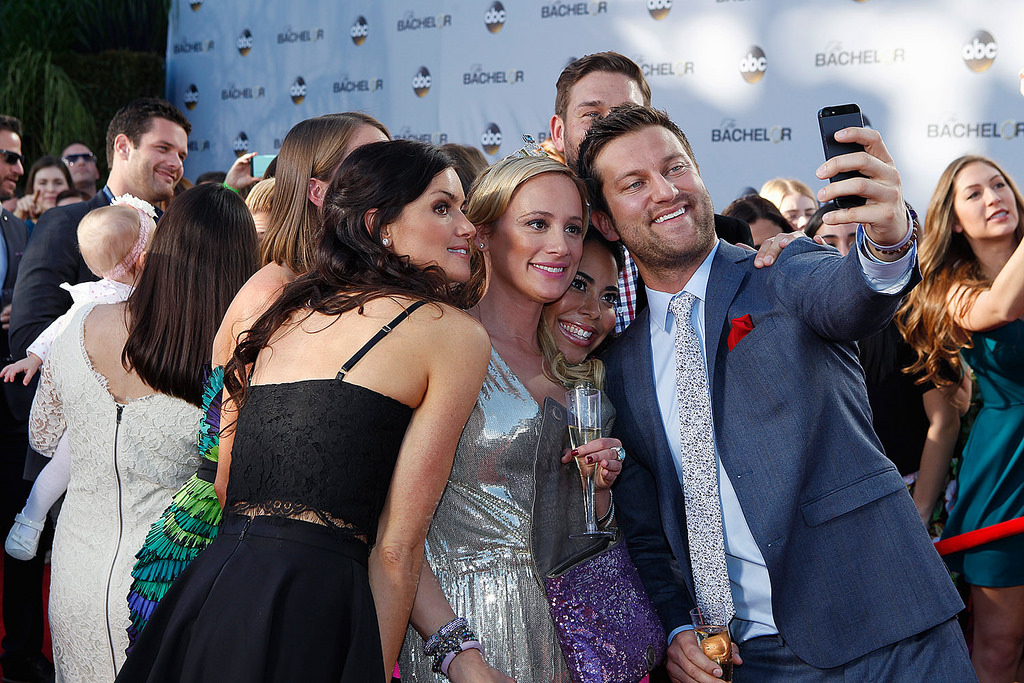The six million Americans who tune into the Bachelor every Monday (and everyone who watches it after) are not here for love.
Honestly, the purpose of the franchise, the promise of the bikini-clad women and emotionally-unavailable men, has long been muddled. Some seasons are about deception, some are cautious against the show’s rose-colored glasses, some are honestly just twenty hours of evidence of why men should all go to therapy like, at least once.
So it didn’t seem outlandish when this season became, yet again, about something else, especially a topic as important as reconciling with the racism still prevalent in our country and white people’s complicity in it. After all, it’s at least as topical as the fact that Peter can fly a plane, and has far more (by which I mean any) implications for the real world.
The conversations that rapidly became public after this season’s contestant and eventual winner Rachael Kirkconnell’s complicity in cultural appropriation and romanization of the antebellum south (she attended a plantation-themed formal in 2018) should not be new. Even a quick glance at the cast of the Bachelor franchise makes it clear that racial justice has never been a priority of the producers. Matt James, this season’s Bachelor, was the first Black Bachelor ever, and the first Black Bachelorette was Rachel Lindsey in 2017. Contestant pools have been similarly unrepresentative, with few people of color, especially Black people. The BIPOC that are there are more likely to be seen as plot points than romantic interests—while the franchise exploits everyone, it is especially hard on Black contestants.
These have all been incredibly public failings, if you choose to look. The show’s complicity in racism and its own racism is there every time you press play, and yet another rose appears on the screen. This publicity makes the Bachelor easy to criticize, but it also makes the current reckoning an opportunity to show America what accountability, anti-racism, and listening to and supporting people of color can actually look like.
I don’t think that this season’s After the Final Rose was revolutionary because the producers cared about having public conversations about reconciling with racism—I think they knew that millions of viewers would tune in to see if Rachael would cry about being called a racist. And to be clear, their treatment of her behavior, even with the removal of Chris Harrison, was far from perfect. At the least, Matt should have been given some time to process his conversation with Rachael after she left the stage. And the show notably lacked any explanation from the franchise of how or why they allowed the first Black bachelor to be introduced to, nevermind fall in love with, someone with known racism in their past. There wasn’t even a concrete commitment to do better.
The conversation itself, however, impressed me. Here, streaming into the homes of millions of (mainly white) people who may not have ever had a honest conversation about race, was a white woman owning her actions and admitting she should have known better, that her upbringing should not be an excuse. Here were the tough questions: what can we forgive as a society? How can white people educate themselves? What is the toll on a person of color when their partner, or even just their friend, is racist?
To be clear, Rachael Kirkconnell is not a model for anything. Owning up to past racism is not praiseworthy, it is basic decency. But the process itself is one that will have to be repeated across the country as white people atone for the centuries of racial oppression they have participated in and benefitted from. Normalizing and modeling it through something as popular as the Bachelor could encourage a more public form of accountability.
In fact, accountability should be the theme of the next several seasons of shows. Confronting Rachael’s individual actions should be only the beginning of the show’s reckoning with its racist history—Rachael’s individual past is just the racism visible from miles away. The historic demographics of the shows, Chris Harrison’s statement, the treatment of race, the lack of treatment of race, the experiences of Black contestants all point to an insidious normalization of whiteness in the franchise. The shows should not leave crisis mode until that racist culture is dealt with—and they should air it.
Black fans and critics alike have been pointing out ways the franchise could improve: providing support for Black contestants, especially through hiring Black producers for the contestants to talk to, continuing to diversify the show, screening out any contestants with racist or racially insensitive past comments, redefining what an “ideal partner” is, only hiring leads who are actually open to dating non-white contestants, and portraying contestants of color in a fair and positive light, instead of forcing them into problematic storylines. Other suggestions will certainly emerge, especially as a new podcast from fans Victoria Price and Mikayla Bartholomew called The Blkchelorettes discusses race in the franchise.
But, as LaNease Adams, the only Black contestant on the Bachelor’s first season told Buzzfeed, progress can’t truly be made until the show acknowledges its decades of failings publicly. “It might be best to really just have a real conversation,” Adams said. “And who better than this franchise that has the ear of so many people?”
The Bachelor should absolutely apologize; to the contestants it has failed and to the BIPOC fans who have not been able to find themselves on the screen, or have seen other BIPOC contestants being used merely as props. It should lay out every area where it has failed, and what it plans to do about it. Those changes should be made immediately and publicly, with transparency about hiring and contestant selection processes and editorial decisions. The franchise should actively seek out conversations with those it has hurt and, if they are willing, interview past contestants of color about their experiences and air those interviews. Any part of the process that can be documented, explained, and shown to the public should be.
The business model of the Bachelor is an exposé. The franchise has spent years exposing its contestants, especially contestants of color, airing their most vulnerable moments and straight-up lies about their lives. They should know better than anyone that the screen is powerful, and that what you air has immense impact on those who watch it. Imagine if they turned the camera on themselves.





